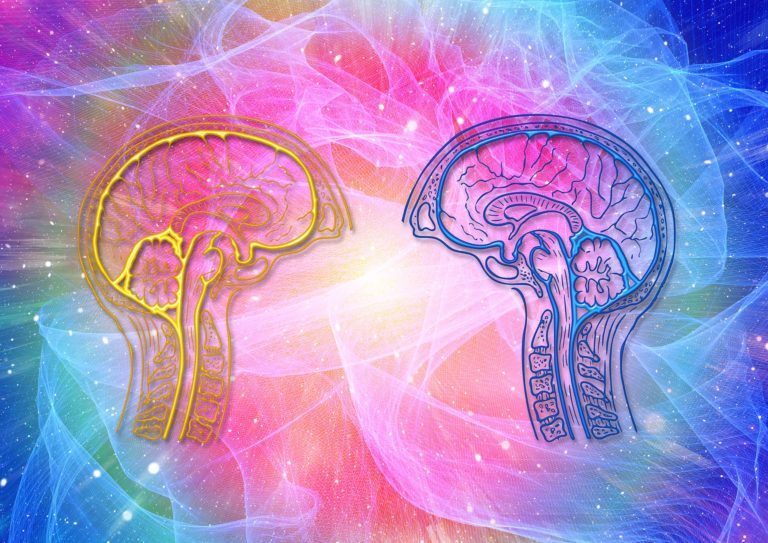What is Qigong?

What is Qigong? Qi gong (also spelled qigong qi gong or Chi Kung ) Is an exercise that uses the mind and body to cultivate grow and store Qi (chi). This involves physical movements, breathing techniques, and meditation. It is believed to improve physical and mental health and is often used in the form of complementary therapy.
Qi gong can be practiced by people of all ages and fitness levels and is often taught in classes or through instructional videos or books. It is thought to have originated in China over 4,000 years ago and has become popular worldwide.
The ancient practice of Qigong (Chi Kung) is a set of practices that can help cultivate the balance and harmony of mind, body, and spirit through physical movement and meditation.
It can be practiced for self-healing or as a therapy or to cultivate spiritual qualities such as patience, courage, happiness, love, kindness, and compassion.
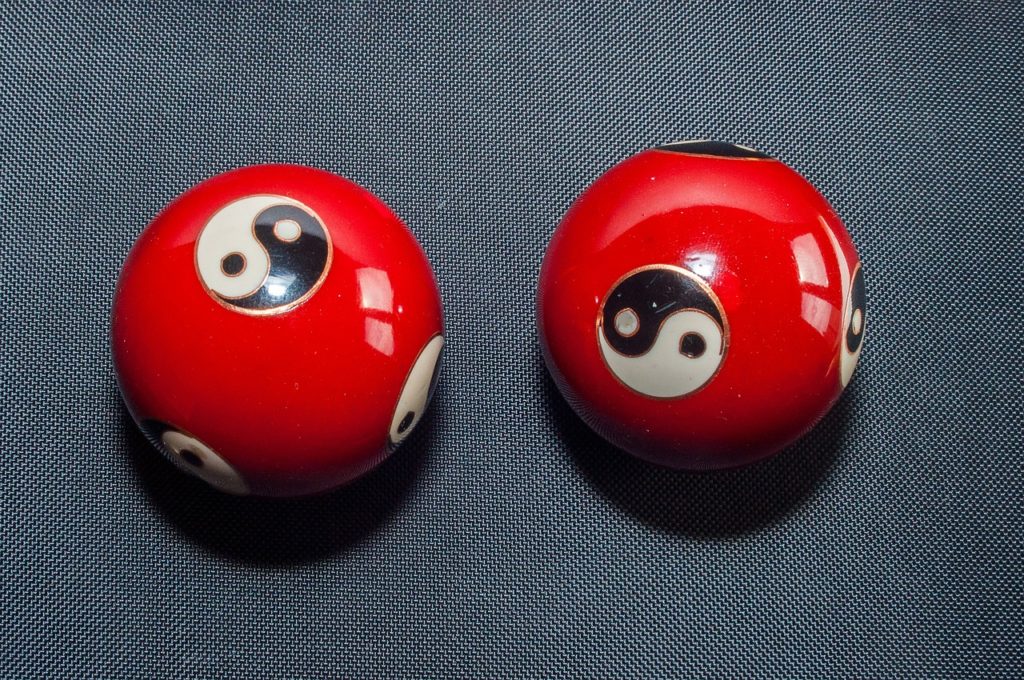
What are the qigong Principles?
There are some general principles that are often followed in qi gong practice, but the specific movements and techniques can vary widely. Some of the general principles of qi gong include:
-
Focus on the breath: In qi gong, the breath is often used as a way to relax the mind and bring the body into a state of balance.
-
Use gentle, flowing movements: Qi gong movements are generally slow, smooth, and gentle, rather than vigorous or jarring.
-
Practice with awareness: Qi gong is often described as a mindful practice, and practitioners are encouraged to pay attention to their body, breath, and surroundings as they move.
-
Use visualization and intention: Some qi gong practices involve visualizing energy flow or setting an intention for the practice.
Overall, the goal of qi gong is to cultivate and balance the body’s “qi,” and vital energy, through physical movement, breath control, and meditation.
It is not necessarily any specific type of exercise, but rather a holistic practice that can incorporate elements of physical exercise, relaxation, and mindfulness.
Is Qi Gong the Same as Tai Chi?
The Classic saying is >>>
“Tai chi is qigong but qigong is not yet tai chi”
Qi gong and tai chi are closely related practices that both originated in China and involve physical movements, breathing techniques, and meditation. However, they have some important differences.
Qi gong is a broader term that refers to a wide variety of practices that involve cultivating and balancing the body’s qi, or vital energy. These practices can include physical movements, breathing techniques, and meditation, and may be done standing, sitting, or lying down.
Tai chi, on the other hand, is a specific type of qi gong that involves a set of slow, graceful movements that are performed in a specific sequence. Tai chi is typically done standing, and the movements are often described as “flowing” and “flowing.” It is often practiced for its health benefits, including improving balance and flexibility, reducing stress, and improving overall well-being.

Should I Practice Qigong or Tai Chi?
To add some perspective to this, for me in 30 years of practicing and teaching tai chi chuan, qigong has always been used as a complementary form of preparation or warm-up before the tai chi
But it’s ultimately up to you to decide which practice is right for you. Here are a few things to consider when choosing between qi gong and tai chi:
- What are your goals? If you are looking for a practice that can improve balance and coordination, tai chi may be a good choice. Although I would say tai chi is not as easy as it looks and takes a fair amount of discipline
- If you are more interested in relaxation and stress reduction, qi gong might be a better fit.
- What is your current fitness level? Both qi gong and tai chi can be modified to suit different fitness levels, but tai chi may require more physical stamina as it involves a set of movements that are performed in a specific sequence over a period of time.
- What are your schedule and availability? If you have limited time for practice, qi gong may be a good choice as it can be done in shorter sessions and can be modified to suit your needs. Tai chi, on the other hand, typically involves learning and practicing a set of movements that are performed in a specific sequence, which may take more time to learn and practice.
Ultimately, the best practice for you is the one that you enjoy and that fits your goals, fitness level, and schedule. You might consider trying both qi gong and tai chi to see which one you prefer, or you might find that combining elements of both practices works best for you as it does for me.
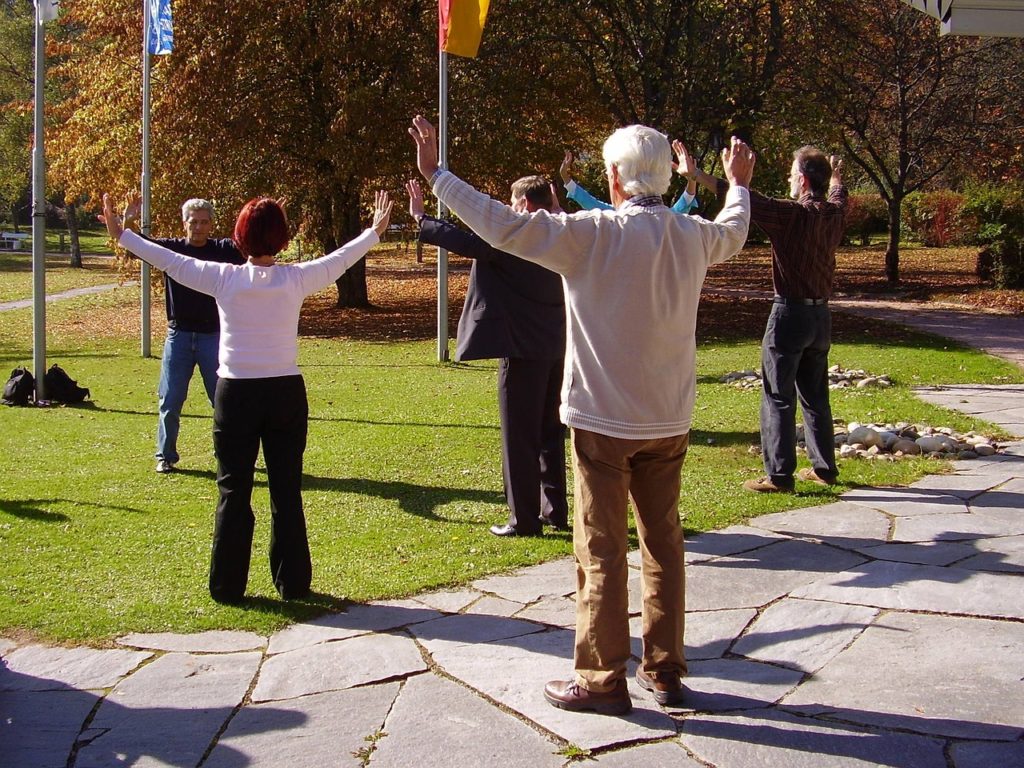
What are the benifits of qigong?
Physical health particularly is something that can be a problem if we do not keep working at it as we grow older, making these kinds of exercises the perfect choice
Qi gong is believed to have a wide range of health benefits, including:
- Reducing stress and improving relaxation: Qi gong’s combination of physical movement, breath control, and meditation can help to relax the mind and body and reduce stress.
- Improving sleep: Qi gong’s calming effects may help to improve sleep quality.
- Boosting the immune system: Some research suggests that qi gong may help to improve immune function and reduce the risk of illness.
- Improving cardiovascular health: Qi gong’s gentle movements may help to improve blood circulation and reduce the risk of heart disease.
- Improving flexibility and balance: Qi gong’s slow, controlled movements can help to improve flexibility and balance.
- Reducing chronic pain: Qi gong’s relaxation and stress-reducing effects may help to reduce chronic pain.
It’s important to note that while there is some research suggesting that qi gong may have these health benefits, more research is needed to fully understand its effects. As with any exercise or complementary therapy, it’s always a good idea to consult with a healthcare provider before starting a new practice.
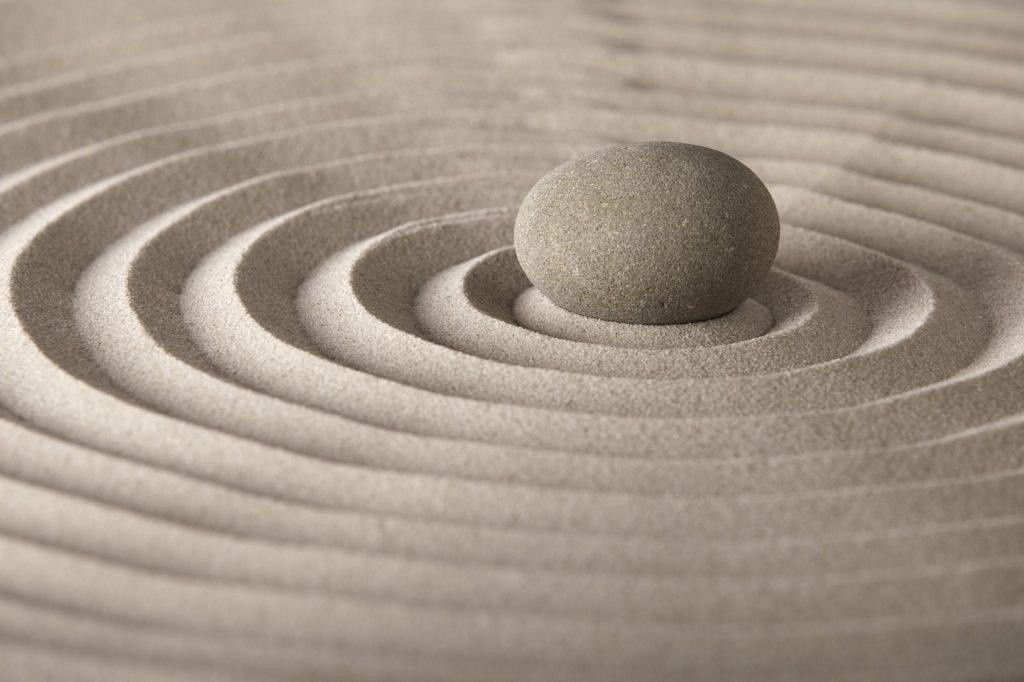
Who should not do qigong?
Qi gong is generally considered safe for most people and can be modified to suit different fitness levels. However, as with any form of exercise, it’s always a good idea to consult with a healthcare provider before starting a new practice.
There are some situations in which qi gong might not be appropriate, or when modifications or precautions might be necessary. For example:
- If you have a serious medical condition or are recovering from an injury, it’s important to talk to your doctor before starting qi gong or any other exercise program.
- If you are pregnant, it’s generally safe to continue or start practicing qi gong, but it’s a good idea to consult with your healthcare provider first.
- If you have joint problems or are in pain, you may need to modify your qi gong practice or choose gentler movements.
- If you have a hard time standing for long periods of time, you may want to choose qi gong practices that can be done sitting or lying down.
Overall, it’s important to listen to your body and to modify your qi gong practice as needed to suit your individual needs and abilities. If you experience any discomfort or pain while practicing qi gong, stop the activity immediately and consult with a healthcare provider.
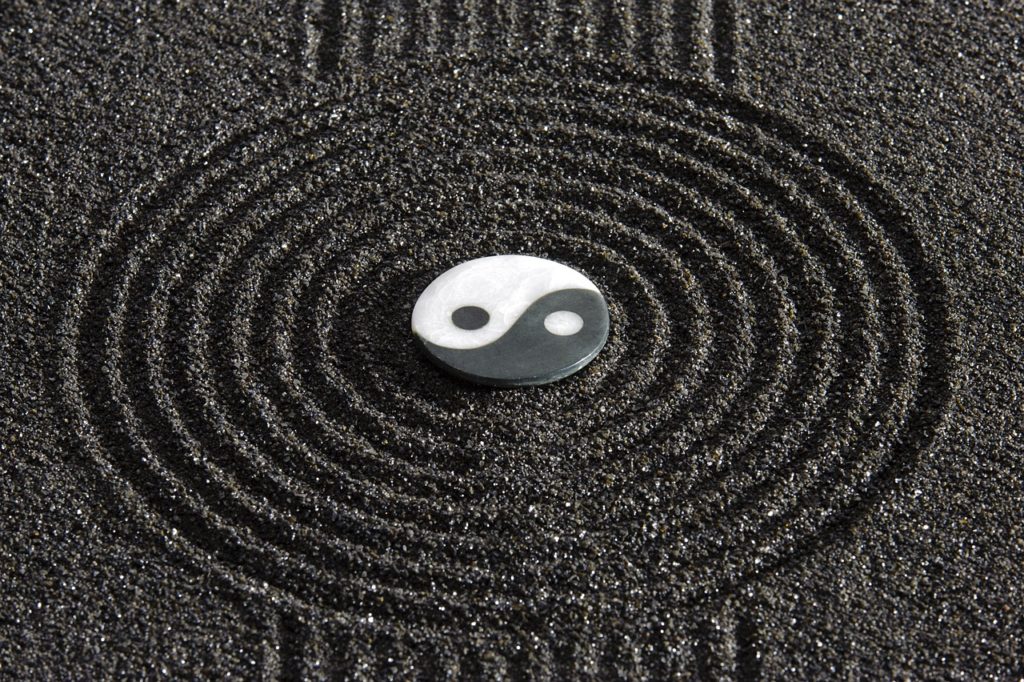
What religion is Qigong?
Qi gong is not a religion, but rather a traditional Chinese practice that involves physical movements, breathing techniques, and meditation.
While qi gong is not a religion, it has roots in traditional Chinese philosophy and medicine, which may be influenced by various religious and spiritual beliefs.
And maybe you will also find connections with Daoism and Buddhism which are NOT religious You can read more about that in the “Living The Peaceful Zen Warrior Life” post
Basically, qi gong can be practiced by people of any religion or belief system and is not exclusive to any particular faith or god worship.

What are the three powers in Qigong?
In qi gong, the “three powers” refer to the three principles that are believed to be important for cultivating and balancing the body’s qi, and vital energy. These principles are:
- The power of the mind: In qi gong, the mind is seen as an important tool for directing the flow of qi within the body. Practitioners are encouraged to focus the mind and use visualization and intention to help guide the flow of qi.
- The power of the breath: In qi gong, the breath is often used as a way to relax the mind and bring the body into a state of balance. Practitioners are encouraged to pay attention to their breath and use controlled breathing techniques to help cultivate qi.
- The power of the body: In qi gong, the physical body is seen as a vessel for the flow of qi. Practitioners are encouraged to pay attention to their physical sensations and use gentle, flowing movements to help cultivate and balance the body’s qi.
The three powers are often seen as interconnected, and qi gong practices may involve working with all three principles in order to cultivate and balance the body’s qi.

What is qigong breathing?
Qigong breathing is an ancient Chinese practice that is a type of meditation. breathing can be done in more than one way, but the most popular is abdominal deep breathing. In abdominal breathing, the diaphragm expands and contracts in a slower constant rhythm.
You can see our post on >> breathwork here << for much more information on breathing methods.
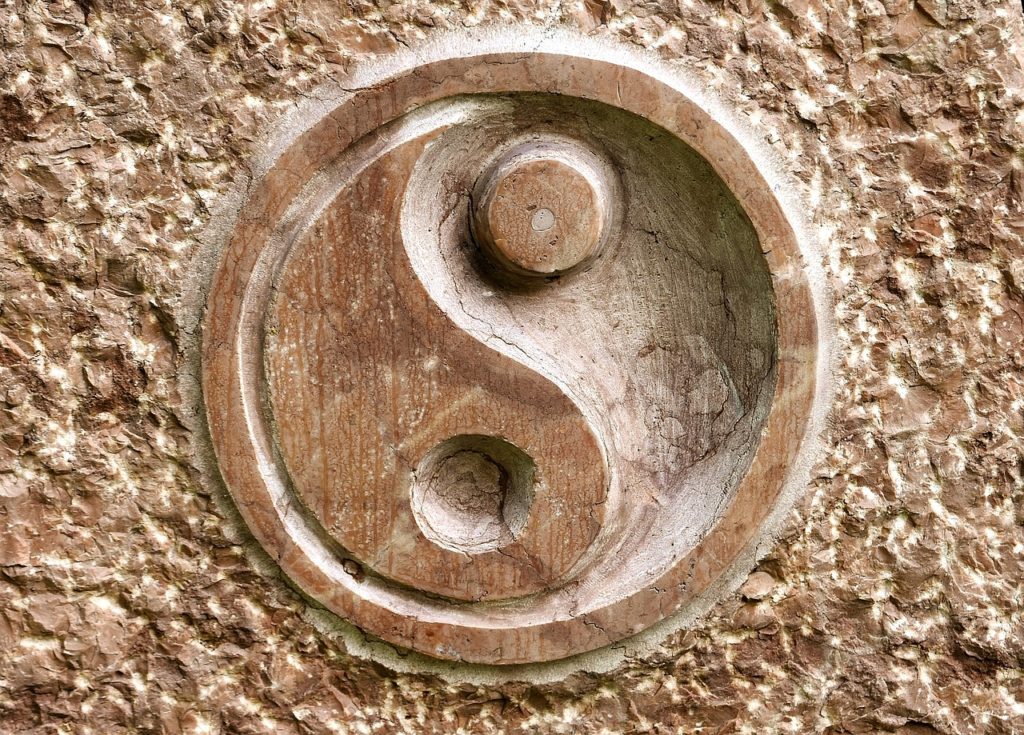
What are the 5 types of qigong?
There are many different types of qi gong, and the specific practices can vary widely. Some common categories of qi gong include:
- Medical qi gong: This type of qi gong is focused on promoting healing and is often used as a form of complementary therapy for a variety of health conditions.
- Daoist qi gong: This type of qi gong is based on the principles of Daoism, a Chinese philosophical tradition that emphasizes living in harmony with the natural world. Daoist qi gong practices often involve visualizing and working with the body’s qi to improve physical and mental health.
- Buddhist qi gong: This type of qi gong is based on the principles of Buddhism, a religion that originated in India and emphasizes mindfulness and compassion. Buddhist qi gong practices may involve mindfulness, visualization, and compassion practices.
- Martial arts (Tai Chi )qi gong: This type of qi gong is practiced in conjunction with martial arts training and is focused on improving physical strength, coordination, and agility.
- Spiritual qi gong: This type of qi gong is focused on spiritual development and may involve practices such as visualization, meditation, and spiritual rituals.
These are just a few examples of the many different types of qi gong that exist. It’s important to note that these categories are not mutually exclusive, and many qi gong practices may involve elements from multiple categories.
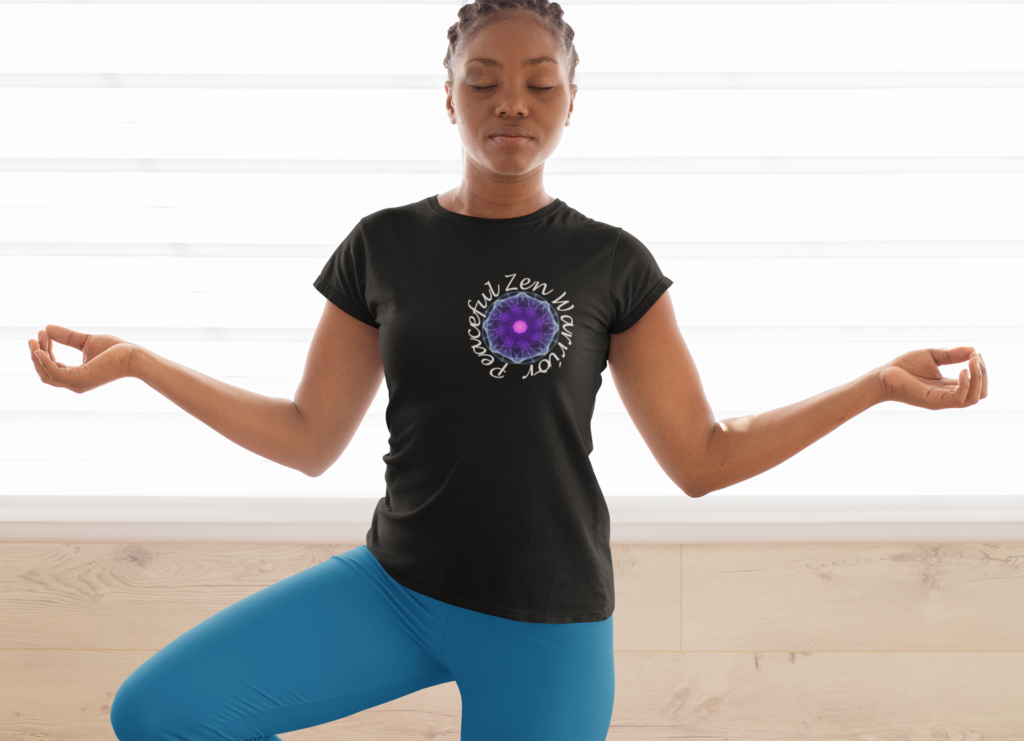
What are the 5 elements of qigong?
The five elements include: Wood, Metal, Fire, Water, Earth
This is a common theme throughout most Chinese, especially in internal martial arts and exercise practices and also including Feng shui.
These elements are linked to movements and energies within these practices. (all of which you will be able to find blogs on this site in the near future)

How long should I do qigong a day?
The frequency and duration of qi gong practice can vary depending on your goals, fitness level, and schedule. Some people find that practicing qi gong for a few minutes a day is sufficient, while others may choose to practice for longer periods of time.
As a general rule, it’s a good idea to start with short sessions and gradually increase the duration as you become more comfortable with the practice. Some qi gong practitioners recommend starting with 5-10 minute sessions and gradually increasing to 30 minutes or more.
It’s also a good idea to listen to your body and adjust your practice accordingly. If you’re feeling tired or unwell, it may be best to take a break or practice for a shorter duration. It’s also important to give yourself time to rest and recover between practices.







